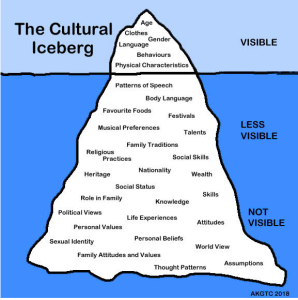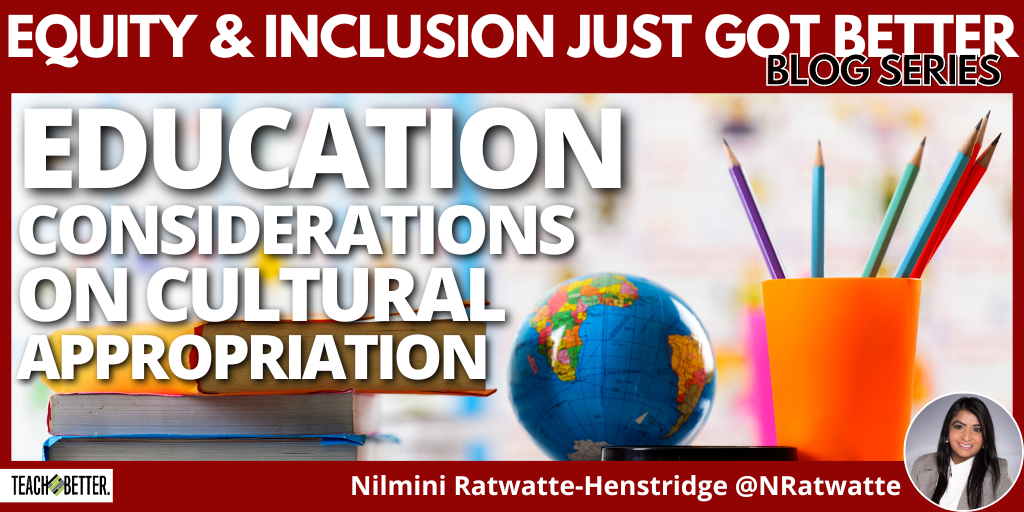TL;DR:
- Have you considered how you make your impact on society by teaching something you’re passionate about?
- Dive deeper into understanding cultural appropriation versus appreciation.
- What are some teachable moments in life you can embrace to make a difference?
Ah, fashion. This is the thing I’m most passionate about! It is always more than just fashion when it comes to a women’s world or a man’s! It’s what we spend money on, it’s a political statement, and it defines who we are and what we support. It’s an opportunity to shift thinking. It is my passion project to be fashionable and have fun with the modern fashion movement! I am so excited to be able to empower women’s rights and build strong characters in the choice of clothing I support, wear, and make a statement with. I’m usually low-key daily, but I do love dressing up and making the moments count and matter. I call them “Teachable Moments in Life.” I love supporting movements of social change that inspire our world and leave a positive footprint.
Equity and Inclusion Reflection Questions:
- Write down an example of cultural appropriation.
- When is it ok to celebrate other cultural heritages in our world (for example, dressing up in another culture’s attire)?
- How can I teach about “cultural appropriation” in my classroom?
What is cultural appropriation?
Culture is defined as the customs and beliefs of a certain group of individuals.
“Cultural Appreciation seeks to understand, learn, to make an effort to broaden and connect with another culture.” – Greenheart.org
The most important consideration is that each one of us may experience something and we will have to learn how to step back reflect and problem-solve to ensure we are engaging in building genuine relationships with our community members. To appreciate another culture is respectful and accepting of who they are and there is much respect for that in any given situation.
“Cultural Appropriation is when you use any aspect of another culture to use it for yourself.” – Greenheart.org
We do not want to appropriate culture to our advantage. Rather, we want to always empower and support growth and understanding.
What do I need to be aware of as a teacher in today’s world?
Teaching opportunities naturally come up when it’s a cultural dress-up day initiated by a top-down approach, when it’s Halloween, or if naturally a student comes from another culture and you notice differences in the manner in which they dress or the food they eat.
I call them teachable moments in our daytime Professional Adventures of Teaching!
I love supporting movements of social change that inspire our world and leave a positive footprint. Click To TweetHere is my personal example that made me reflect on why cultural appropriateness is important to consider.
I am a huge supporter of the Australian First Nations Jewelry company based on creative considerations, Youutas Jewelry. I love to wear this most often because of their beautiful handmade unique collection and the stories behind them. The most important reason I purchase the products is that each product sold gives back to the Mahak charity to develop a positive impact and give back through financial contributions towards funding for children with cancer. You can contact me if you’d like information about purchasing these jewelry products.
Consider the most important reflection.
Is that cultural appropriation? My thoughts are, no it is not. I am not trying to represent the culture through me, and I am not reflecting on the specific identity. Rather, I am supporting the business and stating that I do love the jewelry by wearing it. They are meaningful to me and I appreciate that I live in this beautiful country to which I once immigrated. This is why it’s cultural appreciation and that is a positive thing.
I am in love with the warm, comfortable Canadian First Nations Winter Boot that I wear and support. I support this particular boot because it’s comfortable and warm during our cold winter days and months. And I love that each of the boots has a unique First Nations story from the first people of Canada when it was called Turtle Island. Today, it’s a cultural heritage of the First Nations people that I wear to support the business and empower others like me to give back to support education on what happened in the history of Canada. Knowing me, you know I supported this boot since it’s fashionable; but most importantly, it holds a piece of this country I call home and how it became the Canada that I live in today.
[scroll down to keep reading]How does cultural appropriation apply to my world as a teacher?
The Cultural Appropriation Iceberg graphic helps us visualize the hidden, deeply rooted assumptions, ideas, and mindsets we may be presented with when we are making friends, meeting community members, and engaging in building positive community partnerships. Remember, how you dress is up to your individual taste as a teacher. I have always believed in supporting small businesses that rock fashion.

I do love to use the Iceberg graphic to ensure we get an understanding of surface cultures and deeply rooted cultural values and norms that we in our own heritage explicitly or implicitly follow. To dive deeper into the discussion, read more here about visible surface cultural norms and invisible deep cultural norms.
Yours in Education,
Nilmini
References
Cultural Appreciation vs. Cultural Appropriation: Why it Matters
Edward T. Hall’s Cultural Iceberg Model
USA Today – Halloween Costumes and Cultural Appropriation
About Nilmini Ratwatte-Henstridge
Nilmini lives in Ontario, Canada. She was born in Sri Lanka is immigrated Canada. Educator at heart, she is passionate about equity, inclusion, social justice and human rights in education.
She believes in understanding people as she travels to explore cultures in our world during her spare time, loves cooking at home and trying out new flavours, and continues to follow the latest fashion news!
Nilmini loves staying connected with global educators via social media: author, blogger, podcaster and most importantly, just exploring life.




